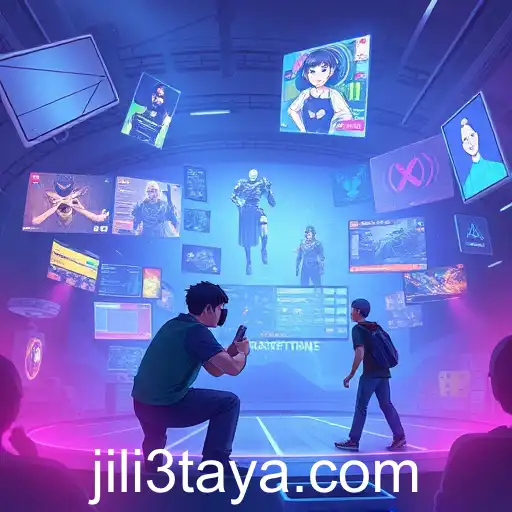
As we tread further into the mid-2020s, the online gaming landscape continues to evolve at an astonishing pace. Among the platforms making a resounding impact this year is Jili3, an emerging website in the world of English-language games. With a growing user base and innovative gaming experiences, Jili3 is changing how gamers interact with virtual environments, promising a blend of excitement and novelty.
The rise of Jili3 can be attributed to its user-centric model, which prioritizes community engagement and cutting-edge game design. Similar to the trends observed in the recent surge of immersive platforms, Jili3 places a significant emphasis on creating interconnected worlds where players can engage more meaningfully. This approach resonates with the current demand for personalization and interactive storytelling, which have become crucial elements of successful online gaming ventures.
Reports from various gaming expos suggest that Jili3 is set to introduce a new wave of game titles later this year, each promising advancements in AI-driven interactions and cross-platform accessibility. As players seek more diverse and inclusive content, Jili3's commitment to expanding its offerings aligns well with these expectations, ensuring its relevance in a competitive market.
Commentary from industry experts highlights the potential for Jili3 to influence gaming trends over the next few years. The platform’s focus on community engagement encourages a sense of belonging among users, which not only boosts player retention but also fosters a vibrant creator economy. By providing tools for user-generated content, Jili3 empowers players to contribute to and shape the virtual worlds they inhabit.
In conclusion, Jili3 stands at the forefront of a transformative era in online gaming. Its innovative approach and strategic expansions suggest it could become a staple in the digital entertainment industry. As the platform grows, the dynamics of online gaming are likely to shift, offering a glimpse into the potential future where virtual experiences and real-world influences merge more seamlessly.


